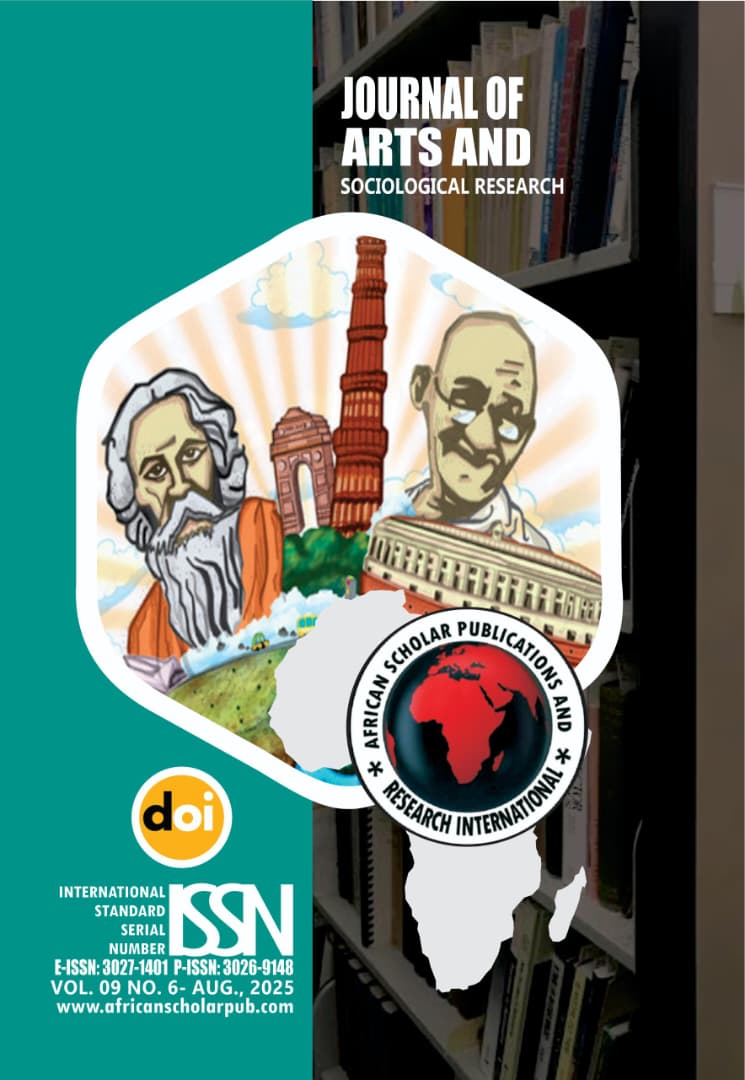Discursive Strategies as Identity Construction Mechanisms in Selected El-Rufai’s 2023 and 2025 Facebook Political Posts
Abstract
This study investigates the use of discursive strategies as mechanisms for political identity construction in selected Facebook posts by Nasir Ahmad El-Rufai in 2023 and 2025. Drawing on Ruth Wodak’s Discourse-Historical Approach (DHA) and supported by Martin and White’s (2005) Appraisal Theory, the research explores how El-Rufai deploys language to position himself and others within Nigeria’s evolving political landscape. Ten posts (five from each year) were purposively selected based on their relevance to key political events and their density of evaluative content. The analysis focuses on five core DHA strategies: nomination, predication, argumentation, perspectivisation, and intensification/mitigation. El-Rufai constructs self-identity as a principled reformer and party loyalist through strategic naming and positive attribution, while delegitimising opponents through negative labelling and moral judgement. Argumentation strategies, supported by topoi of history, law, and morality, are used to justify political actions and critique institutional failures. Perspectivisation enables him to present his views as constitutionally and historically grounded. Intensification and mitigation are employed to adjust the emotional and rhetorical force of his claims, reinforcing ideological alignment and moral authority. Overall, the study reveals that El-Rufai’s discourse functions as a calculated exercise in identity performance, shaped by political context, ideological positioning, and strategic linguistic choices. The integration of DHA and Appraisal Theory offers a nuanced understanding of how digital political discourse serves as a tool for self-representation and influence.
Keywords:
political identity, discursive strategies, Discourse-Historical Approach, Appraisal Theory, Nasir El-Rufai, Facebook discourse, Nigerian politicsDownloads
Downloads
ACCESSES
Published
Issue
Section
License
Copyright (c) 2025 Abubakar Yunusa, Dr. Takim Ajom Okongor (Author)

This work is licensed under a Creative Commons Attribution 4.0 International License.


















